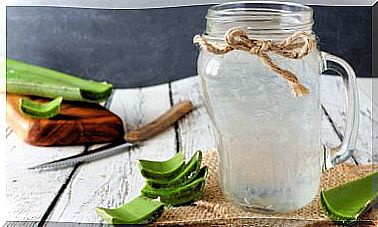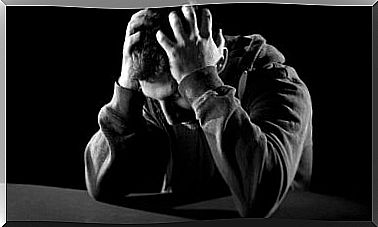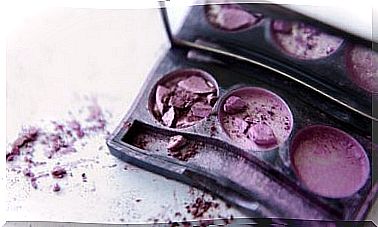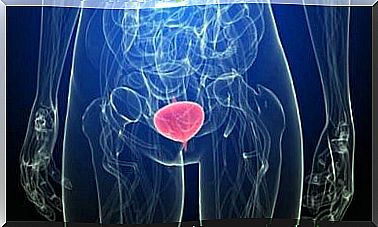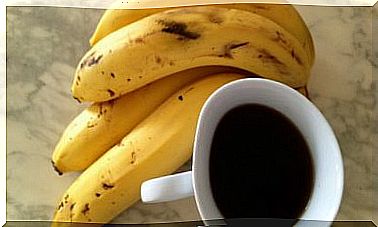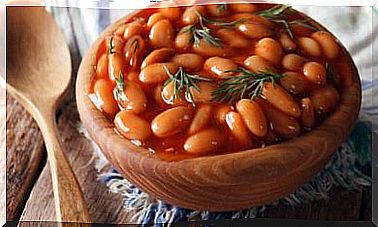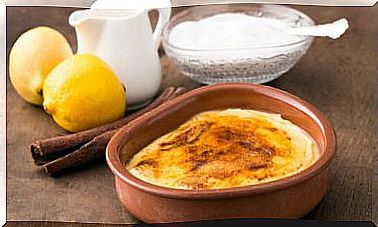What Should The Diet Of A Person Suffering From Malaria Be Like
Malaria – also known as malaria – is a life-threatening disease caused by a parasite that is transmitted by mosquitoes. It is highly prevalent in Africa, South America, and Asia, and less commonly in North America and Europe.
Most of the malaria cases that are registered in Europe occur in people who usually travel regularly to foreign countries affected by this disease.
If someone is diagnosed with malaria, they should always follow the treatment prescribed by the doctor, although there are certain foods that can complement it and help against this disease.
If you want to know them, do not hesitate to read this article. Now, first we have to know what the main effects of malaria are.
Main effects of malaria
Among the main effects of malaria, especially in the most acute phase of the disease, are frequent strong vomiting, profuse diarrhea, high fever and frequent sweating, according to studies such as the one published by the Pediatric Infectious Diseases Service of the University Hospital and La Fe Polytechnic in Valencia, Spain.
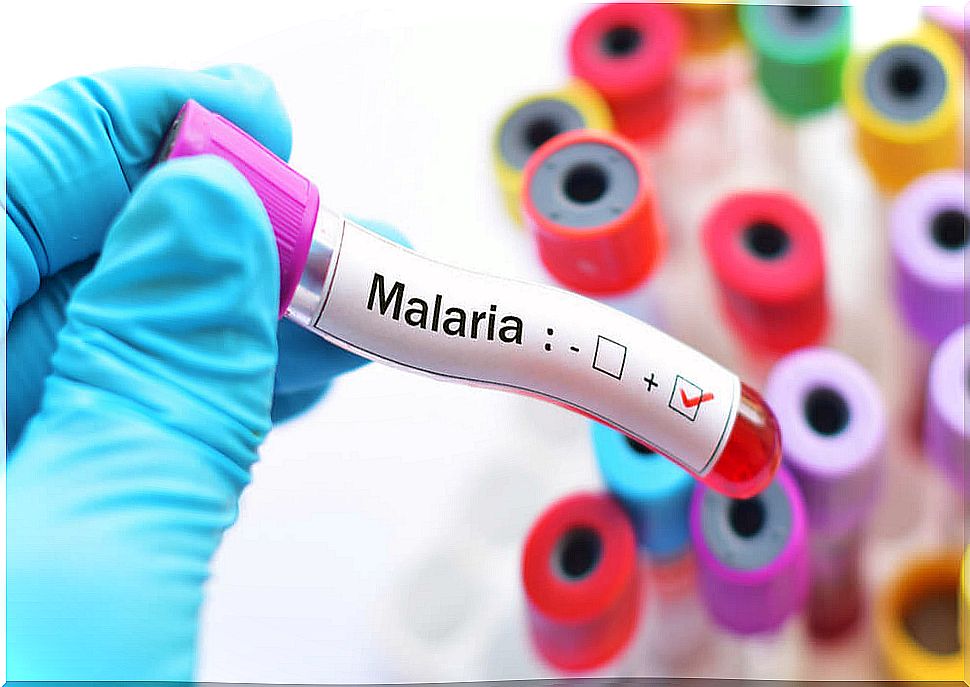
All of this can cause a serious loss of body fluids, leading to significant dehydration. Similarly, malaria causes loss of appetite, which can aggravate the situation by eating less food.
Given this, a liquid-based diet could help your body stay properly hydrated during illness. In addition, this type of diet will allow to replace many of the electrolytes lost through diarrhea, vomiting or sweating.
Some good foods that we could have are teas, gelatin, coffee, fruit juices and broths. These types of products will also be easier for the patient who lacks appetite to ingest.
What diet is advisable in case of malaria?
The diet of a malaria patient may vary depending on their age and current health status (for example, if they have underlying diseases). Therefore, although there are some general recommendations , the ideal thing is to request a personalized plan from a nutritionist.
However, due to what the disease implies, this diet has special characteristics that are often taken into account in most patients. We detail them below:
Balanced diet rich in iron
After being discharged from the hospital, it is best to adjust the diet to a balanced diet with special attention to a good supply of iron, according to some studies. It will be important to eat small amounts on a frequent basis rather than large intakes of food.
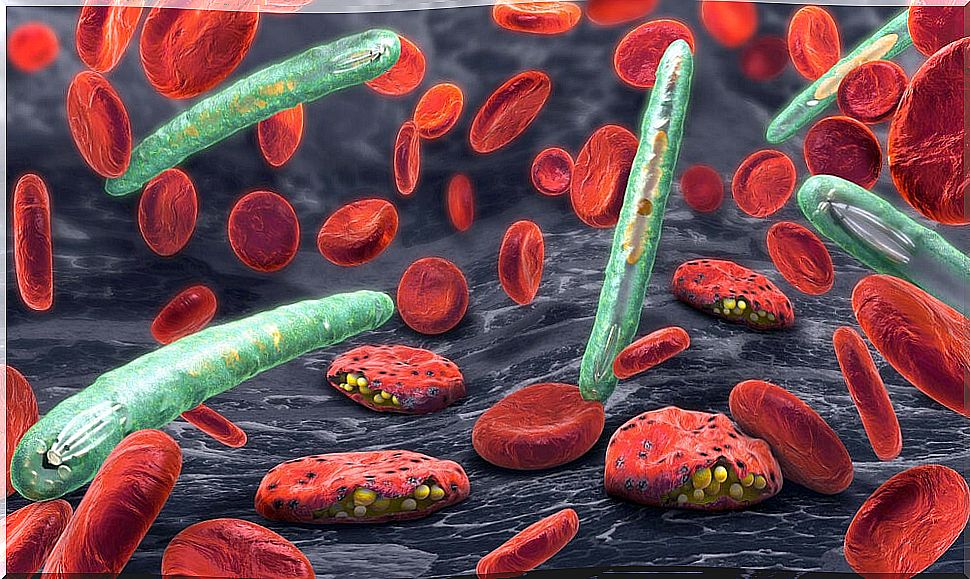
This could help our weakened body digest food well and manage meals properly.
In addition, in this first moment of the disease it will be important to avoid fried foods, teas, coffees and alcohol. In many cases, we would avoid relapsing to some gastrointestinal problems caused by malaria. In the same way, fried foods could bring us new added problems, as stated in this research carried out by the School of Nutrition and Dietetics of the University of Antioquia.
Why is it important to take iron?
On the other hand, the importance of iron in the diet is due to the fact that, during illness, parasites enter the bloodstream and destroy red blood cells. These cells are dedicated to transporting oxygen to all corners of our body.
Therefore, prolonged malaria can lead to anemia. In this way, the ingestion of high amounts of iron can help, in certain cases, to replace the lost red blood cells. Some recommended foods are red meat, green beans and spinach.
The importance of other nutrients
Proteins, an essential supplement
In addition to including foods rich in iron in our diet, once the febrile crisis is over we will also have to ensure a good supply of protein.
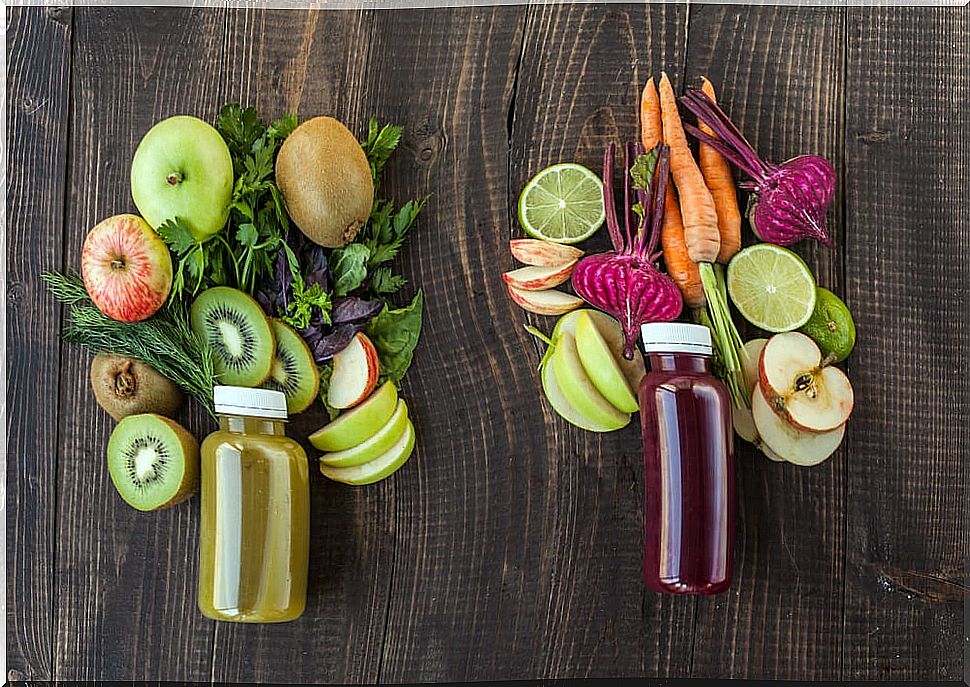
With this we can avoid, in certain cases, further loss of muscle mass. Thus, we must include milk, eggs, legumes or soy. Always, yes, under medical supervision and never on their own, since the information obtained in this regard is contradictory and, therefore, lacking sufficient scientific basis.
The carbohydrates
We will also have to ensure a necessary amount of complex carbohydrates to have adequate and sufficient energy reserves.
This is important because, during the most severe phases of the disease, large reserves of energy will have been lost.
The fats
On the other hand, the diet should include good quality fats in the right amount. These can be obtained from foods such as extra virgin olive oil, recommended in cases of anemia due to malaria in the publication of Clinical Nutrition and Hospital Diet.
Vitamins and minerals
Finally, the recently recovered patient must consume good amounts of vitamins and minerals in order to recover all the electrolytes lost during the illness.
For this, the most recommended products are fruits, vegetables and greens.
Tips to prevent malaria
Given the serious complications of this disease, the best we can do is prevent it. If we travel to a country where it is endemic, we must strictly follow the following advice:
- First and foremost: get vaccinated. This is a must.
- When going out at night, it is best to wear long sleeves and long pants.
- Soaking the body with a good repellent will be a good measure to prevent mosquitoes from approaching.
- The use of mosquito nets on the beds will prevent mosquitoes from biting us at night.
- The buildings well preserved, with metal doors and windows, will be less accessible for these insects. At night, it is best to keep all doors and windows closed.
- Playing sports and sweating makes mosquitoes more attractive. Therefore, several studies suggest that personal hygiene will be of vital importance to be less likely victims.
Remember!
Have you already taken note of the proper diet in case of malaria? You must take into account its benefits and, above all, the prevention of malaria. However, first of all you should consult a doctor, since it is a very serious disease.
